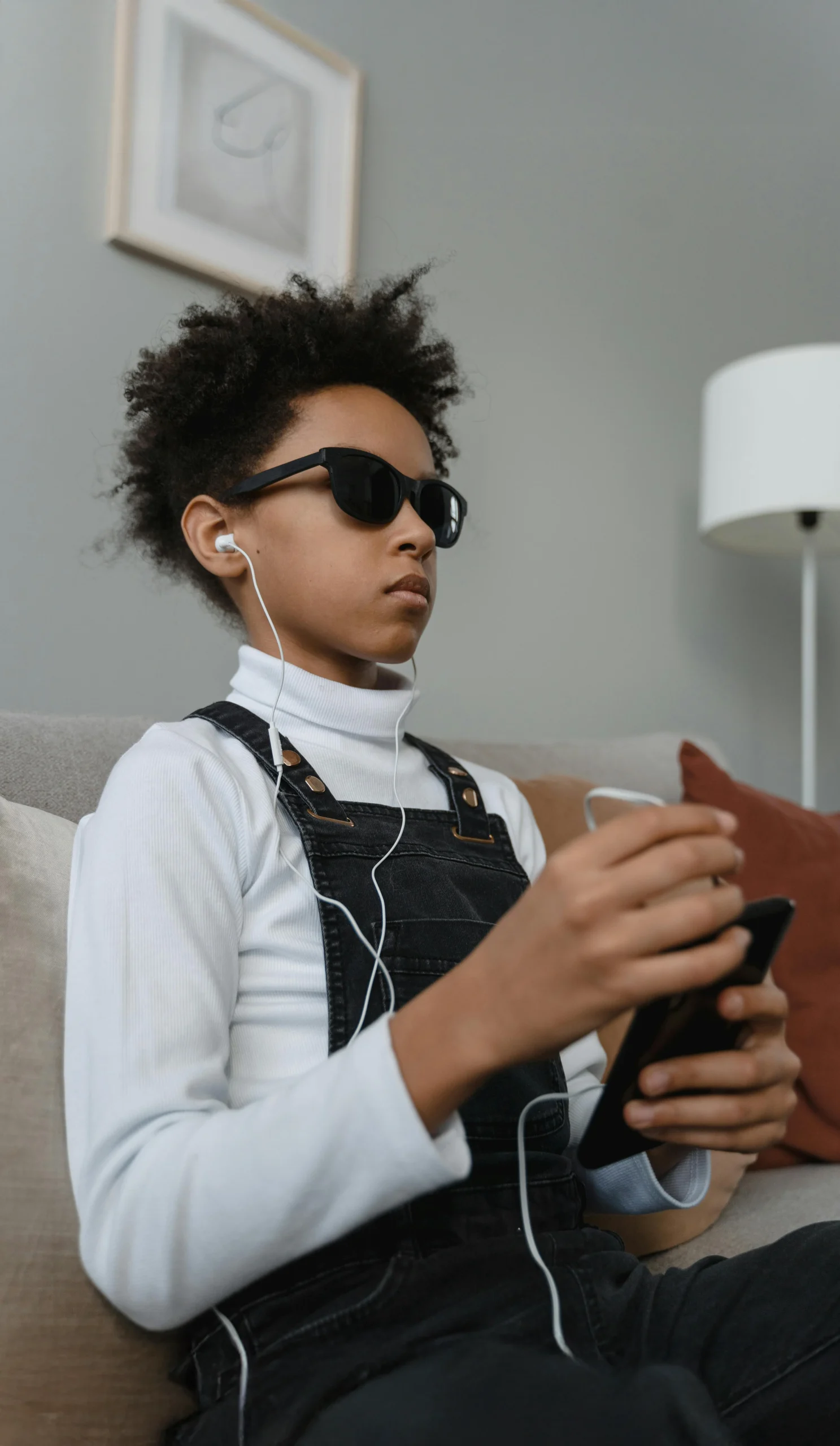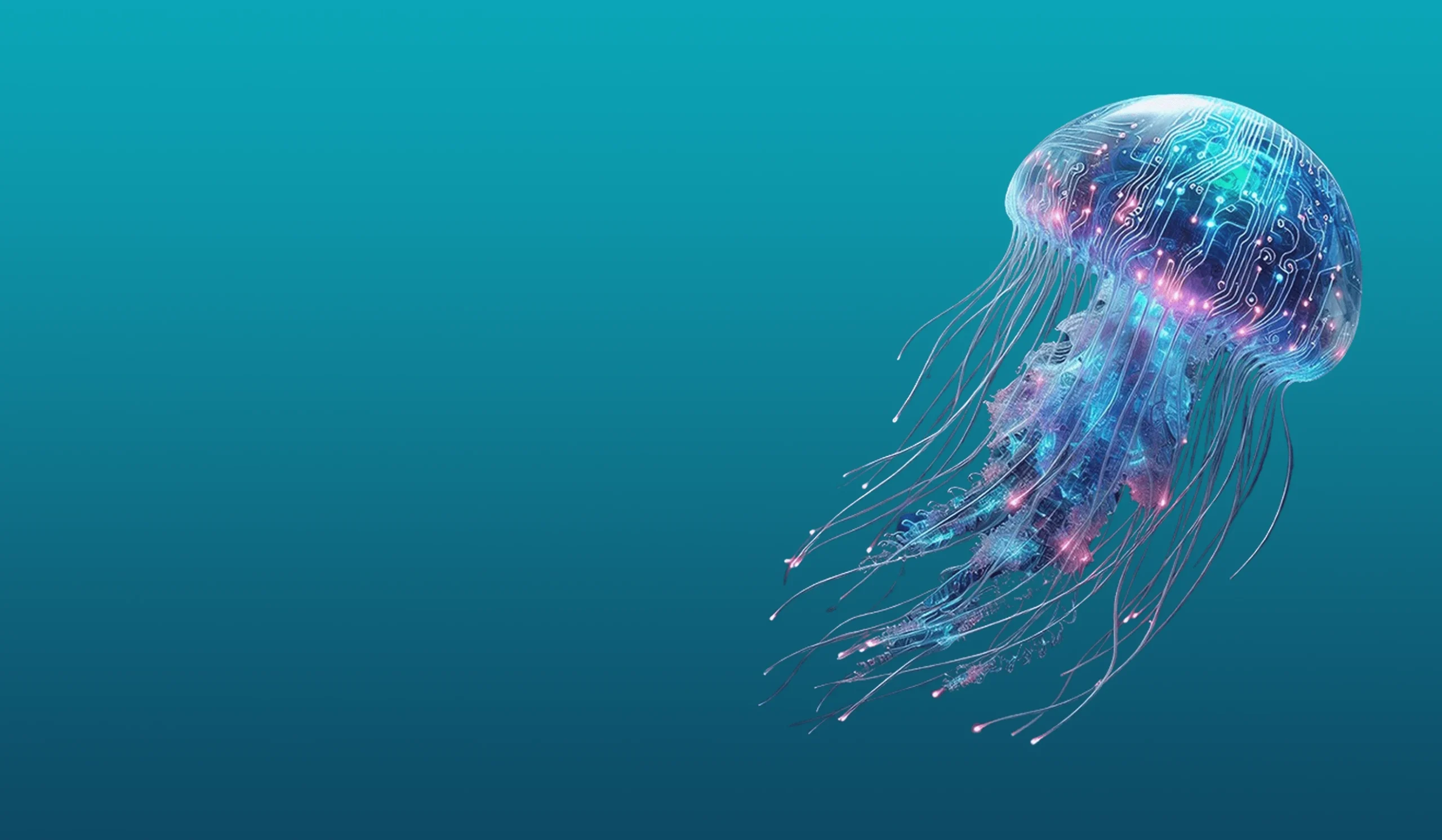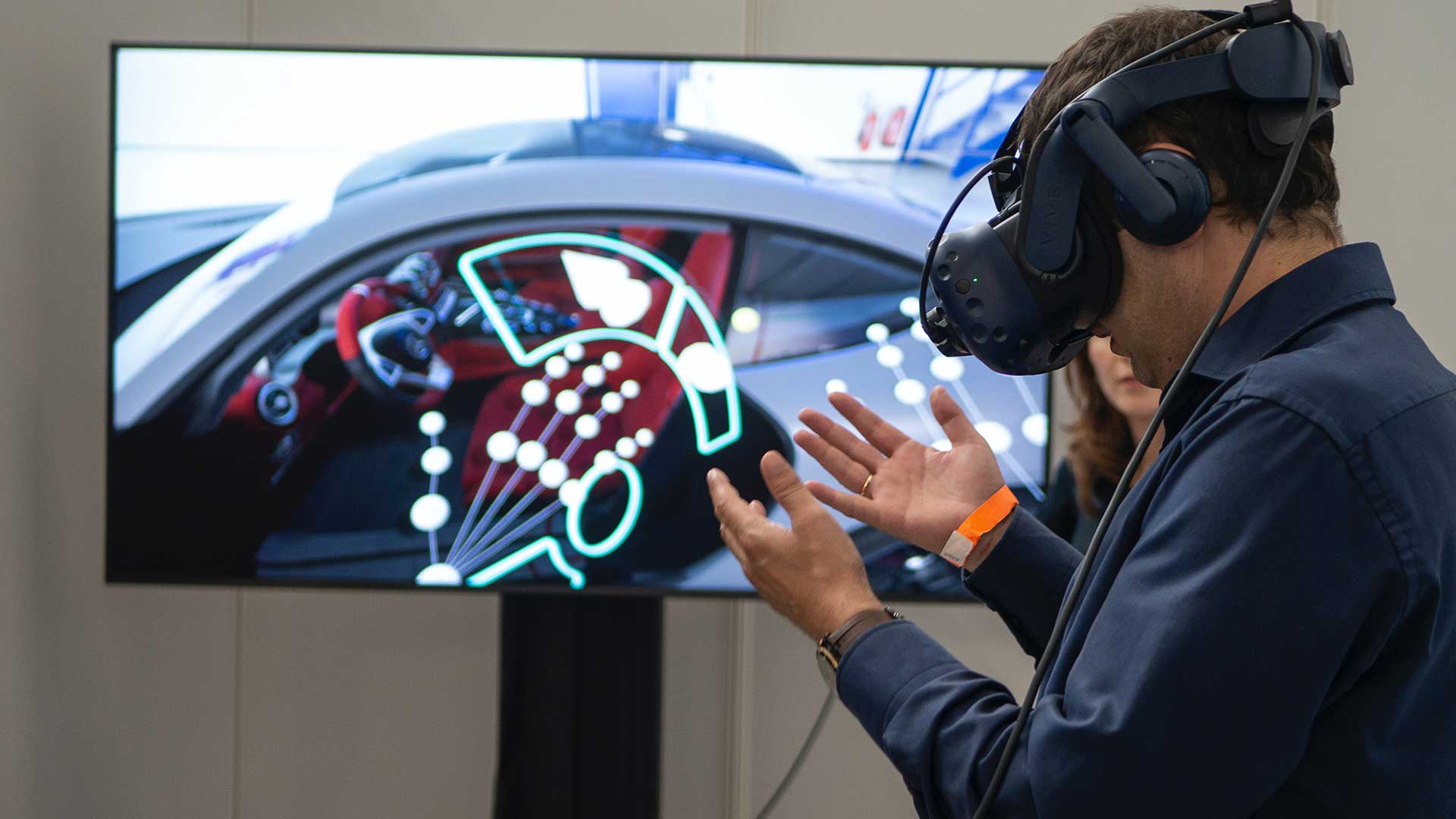Bridging the gap in care for visually impaired youth is the goal of VIPPSTAR
Empowering Visually Impaired Children and Adolescents
Children and adolescents with visual impairments face challenges that go beyond vision loss, impacting their physical, cognitive, and social development. Traditional care models often struggle to provide the personalized and continuous support these individuals need as they grow. VIPPSTAR addresses this critical gap with a transformative approach that combines advanced digital tools and artificial intelligence.
The project empowers visually impaired youth to navigate daily challenges, from physical activities to mental well-being and social inclusion
48 Months
Gennaio 2024 – Dicembre 2028
Digital Health
Università degli Studi di Brescia, LIGHT Center, KU Leuven, Azienda Socio-Sanitaria territoriale degli Spedali Civili di Brescia, Università degli Studi di Trento, Panepistimio Ioanninon, University of Limerick, Eodyne Systems SL, Eberhard Karls Universitaet Tuebingen, Visually Impaired Education and work support international AISBL, Centrul Republican de Reabilitare pentru Copii, Istituto Superiore di Sanità, ComfTech s.r.l., Real Eyes Sport, Erasmus Medical Center, University of Edinburgh, Association les Glénans, Harvard Medical School
Our solution
Visual impairment (VI) in children and adolescents presents a complex challenge that goes far beyond vision loss. It profoundly impacts physical development, cognitive functions, and social interactions, often leaving families and caregivers without adequate tools or resources to address these diverse needs. Traditional care models focus narrowly on clinical aspects, frequently neglecting the psychological and social dimensions. VIPPSTAR addresses this gap by integrating cutting-edge technologies – such as artificial intelligence (AI), serious gaming, and wearable sensors – with clinical expertise and educational innovation. Uniting researchers, practitioners, and technologists across Europe, the project aims to build a comprehensive and personalized rehabilitation ecosystem to support children, adolescents, and their families at every stage of development. Thus, the project blends technical expertise and technological innovation by providing multiple methods.
AI-Powered Tools: development of an adaptive avatar to support health, nutrition, and social inclusion, using natural language processing (NLP) to interact conversationally with children.
Extended Reality (XR): serious games designed to enhance spatial orientation and cognitive skills using multisensory inputs.
Smart Textiles: wearable technology equipped with sensors to monitor physical activity and provide real-time feedback, enabling adaptive and effective therapy.
Data-Driven Insights: establishing VIPPSTAR-NET, a cross-national data network for long-term monitoring and research to refine care strategies.
Advantages
- Tools designed to help visually impaired individuals independently manage daily activities and challenges. These tools are actually co-designed with VI kids, which is quite unique.
- Improved Cognitive and Physical Skills with gamified rehabilitation solutions that make therapy not only effective but also enjoyable.
- A robust cross-national network offering critical insights to refine and personalize care strategies.
- AI-driven tools tested and validated in controlled environments, ensuring both privacy and safety while maintaining cutting-edge functionality.




